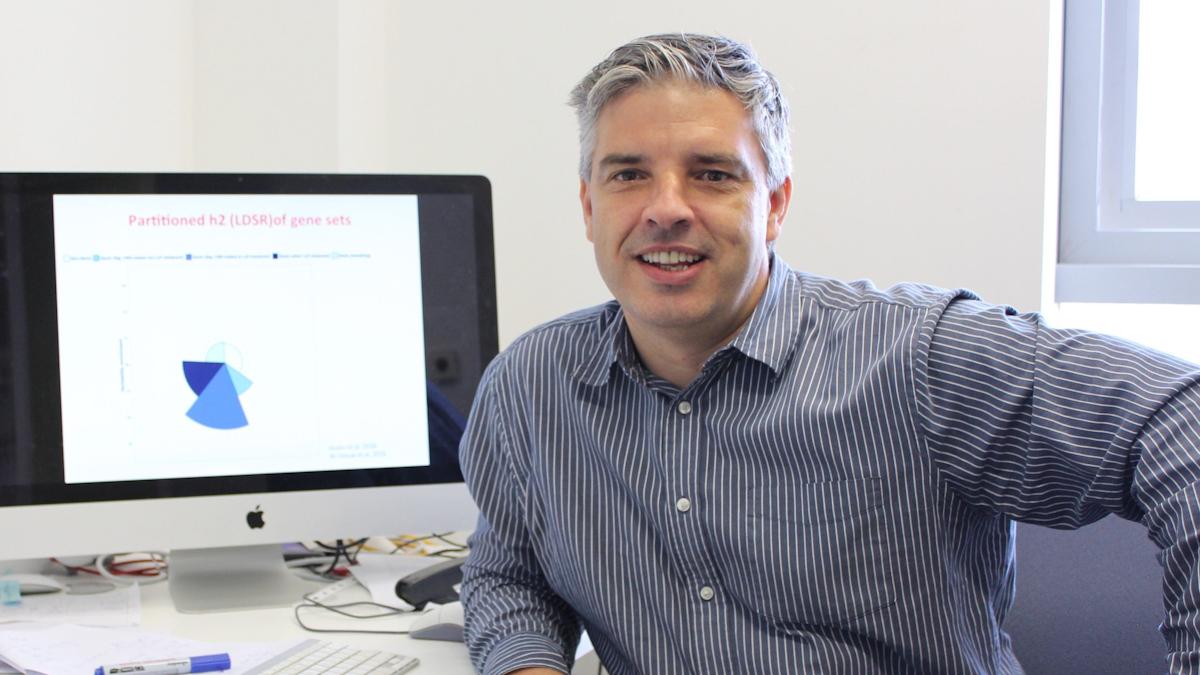NHS long-term plan focuses on preventive health and genomics

Health and social care secretary Matt Hancock today unveils his long-term NHS plan, which focuses on people taking greater responsibility for their health, and recommends genetic technology as a way to prevent illnesses.
He will reveal the plans at the Annual Meeting of the International Association of National Public Health Institutes today.
Speaking on 5 Live Breakfast earlier today, he said that new technology and new data techniques allow people to be more targeted about health than previously.
He said: “The genome is a classic example. So, between 10-20% of the impact on your healthy life expectancy is due to genetics. With somebody’s consent these days you can get your genome sequenced [and] you can find out if you are more likely to have a certain health condition.
“If you need more vitamin B12 than the average person, then you’re more likely to get dementia – unless you do something about it. You get vitamin B12 by eating certain things including broccoli or raw fish.
“If I say everybody should eat broccoli or raw fish, then some people might, but really most people say, ‘Really? Being told what to do by a government minister?’ But if I say, ‘If you have a particular problem with your B12 because of what your genome says, or what your genes say’, then you are much more likely … you’ll be eating it for breakfast, lunch and dinner.”
He added that the technology to obtain people’s genomes is reaching maturity, which means the spotlight can be increasingly turned on prevention rather than cure.
His speech will also encourage people to “make better choices by limiting alcohol, sugar, salt and fat to keep them healthier for longer. He wants people to enjoy five more years of healthy, independent life by 2035. UK life expectancy is currently 82.9 years for women, and 79.2 for men.
The plan also includes: halving childhood obesity by 2030; reducing loneliness through social prescribing whereby doctors or nurses prescribe community activities; diagnosing 75% of cancers at stages one and two by 2028; and predicting illnesses and targeting sections of the population with advice via technology including apps.













